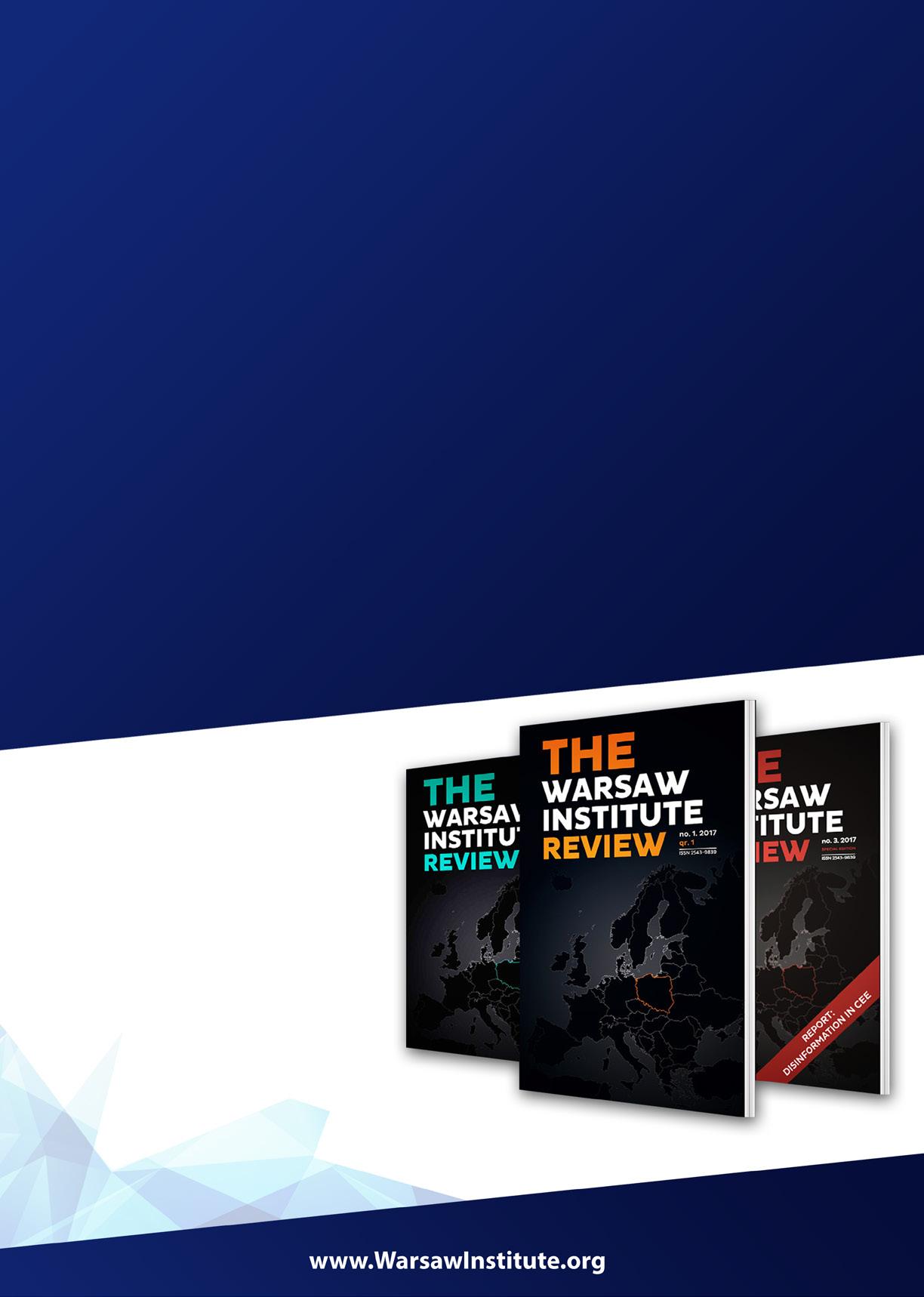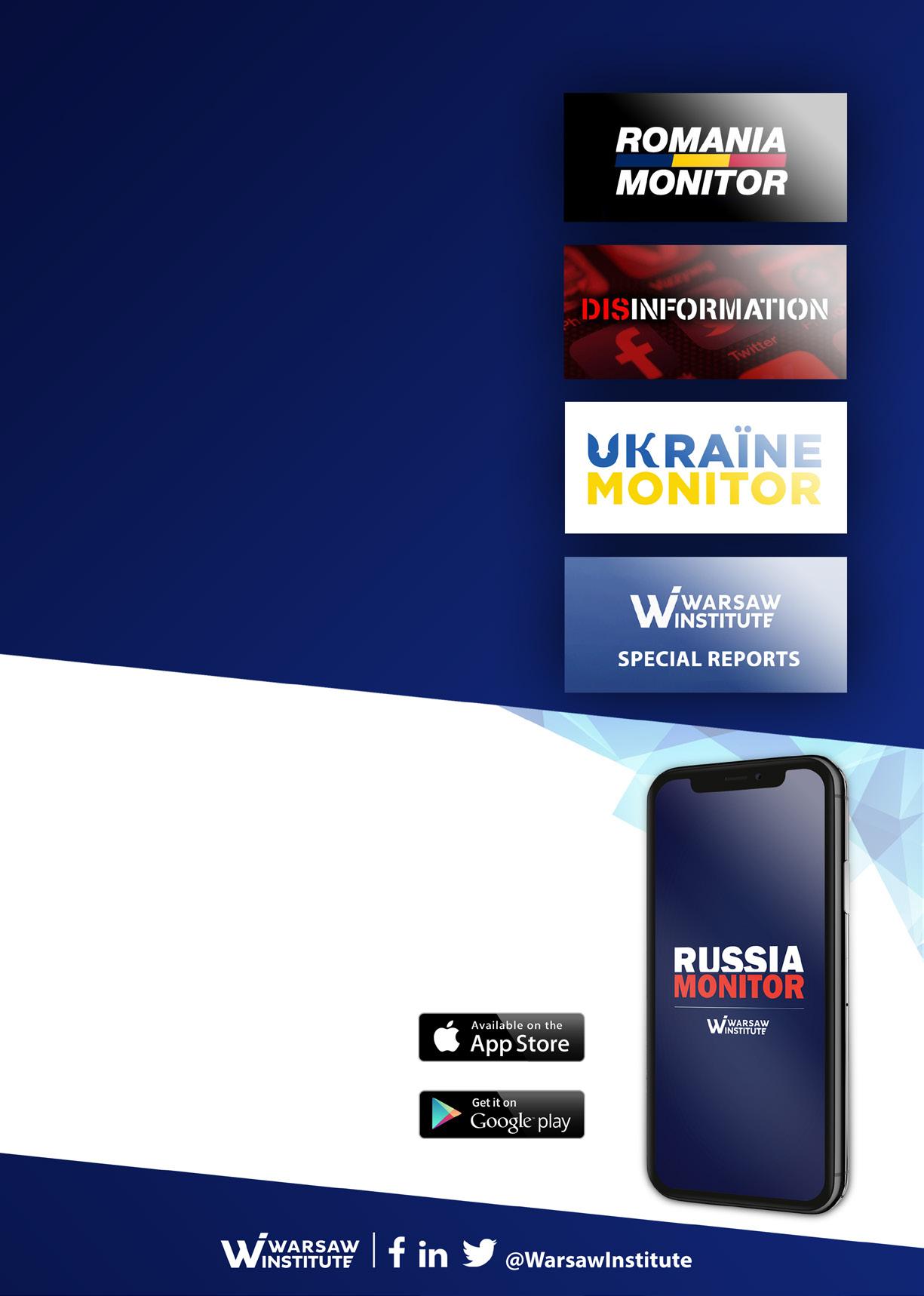
4 minute read
ROSNEFT PLANS OIL PRODUCTION ON TAYMYR PENINSULA
SOURCE: KREMLIN.RU
30 October 2020 ROSNEFT PLANS OIL PRODUCTION ON TAYMYR PENINSULA
Advertisement
Russian oil giant Rosneft and Neftegazholding are planning to produce up to 50 million of liquefied natural gas on the Taymyr peninsula. Rosneft is a state-run company while its partner – a privately owned firm belonging to a former Rosneft president Eduard Khudainatov. This is not their first joint project.
The LNG facility on the Taymyr peninsula would be part of the Vostok Oil project. So far, the CEO of Rosneft has revealed neither its capacity nor the date of launch. What is yet known is that the projected Bukhta Sever port is expected to hold between 30 and 50 million tons of liquefied natural gas per year. Sechin submitted this idea in June 2020 in a letter to Prime Minister Mikhail Mishustin. The mere fact that the head of Rosneft did
not write implicitly about the construction of LNG plants, but asked Mishustin to auction three gas fields with total reserves of 128 billion cubic meters (bcm) and include the obligation to ship commodities via the Northern Sea Route. Back then, analysts argued it would be most convenient to liquefy gas commodities and transport them by tankers elsewhere in the world. Vostok Oil is a brand-new project of Rosneft and Neftegazholding that includes both already operating fields as well as new unexplored areas. The project also got state tax exemptions to stimulate Arctic upstream oil and gas development. Rosneft estimates Vostok Oil’s resource base at around 5 billion tons of oil while the port in Bukhta Sever has an estimated annual capacity of 100 million tons. Analysts from Vygon Consulting believed that with new deposits, the Vostok Oil reserves estimated at roughly 600 bcm are enough to extract between 25 and 30 bcm of oil a year and build LNG plants consisting of three or four production lines, each with a projected output of 5.5 million tons. The facility could be ready in at least six years and cost between $25 and $30 billion. There are currently two Russian energy companies having the country’s biggest liquefaction plants. In 2019, Novatek’s Yamal LNG project produced 18.4 million tons of oil while Gazprom’s Sakhalin-2 had an output of 11 million tons throughout 2019. Rosneft aspires to hit the top three Russian LNG producers. For years the company has been working on the construction of LNG facilities as part of the Sakhalin-1 project, operated by the U.S. energy firm ExxonMobil. Rosneft also intended to build the Pechora LNG plant jointly with a private investor, yet these two failed to agree on details.
The Warsaw Institute is the first conservative geopolitical think tank in Poland. The main areas of our interest are: geopolitics, international relations, energy security, defence, history, culture and any other issues crucial for Poland and East-Central Europe. We are proudly supporting the 3 Seas Initiative and transatlantic relations.
The Warsaw Institute develops and provides innovative and practical recommendations based on the wide experience of its experts (over 40 cooperating experts). The Warsaw Institute helps to improve public policy and decision-making through research and analysis. Our activities are dedicated to government organizations and agencies as well as non-governmental organizations, think tanks, research institutes, academic communities, opinion-forming media and experts.
The Warsaw Institute is an independent, non-profit, nonpartisan organization supported by contributions from individuals.
Goals and objectives

strengthening the position of the Polish state by preparing and providing its partners with analyses and studies concerning economic policy, international relations, security policy, the use of soft power and more international cooperation of states, societies and NGOs supporting the development of democracy, economy and entrepreneurship energy security and military security cultivating and promoting Poland’s national and state traditions and developing national, civic and cultural awareness
The Warsaw Institute Review
Free Polish quarterly, prepared essentially for English-speaking readers around the world. Main goal is to present a broad spectrum of topics concerning Poland, a leading East-Central European country, in the form of analytical articles on political, legal, economic, social, historical and institutional issues.
Subscribe to the printed edition of The Warsaw Institute Review on our website.
Romania Monitor - the first platform that would bring together think tanks and analysts from both countries, interested in geopolitics, energy security and military cooperation between Poland and Romania.
Disinformation Program - this program involve carrying out professional analyses on the identification and creation of methods for combating organised disinformation and training against disinformation threats.
Ukraine Monitor - Warsaw Institute experts monitor and analyse information on Ukrainian politics and business with the view to anticipating the main medium- and long-term changes that can occur in a country playing a key role for many stakeholders.
Baltic Rim Monitor - this program offers the analysis of the newest events concerning Baltic basin countries.

Review of the most important events relating to Russian security. Warsaw Institute experts monitor and analyze activities of the Kremlin and its subordinate services to anticipate their short-term and longterm consequences, particularly for neighboring countries and the Western world.
download mobile application
© COPYRIGHT 2020 The Warsaw Institute Foundation
The opinions given and the positions held in materials in the Russia Monitor solely reflect the views of authors.
The Warsaw Institute Foundation Wilcza 9 St., 00-538 Warsaw, Poland +48 22 417 63 15 office@warsawinstitute.org











